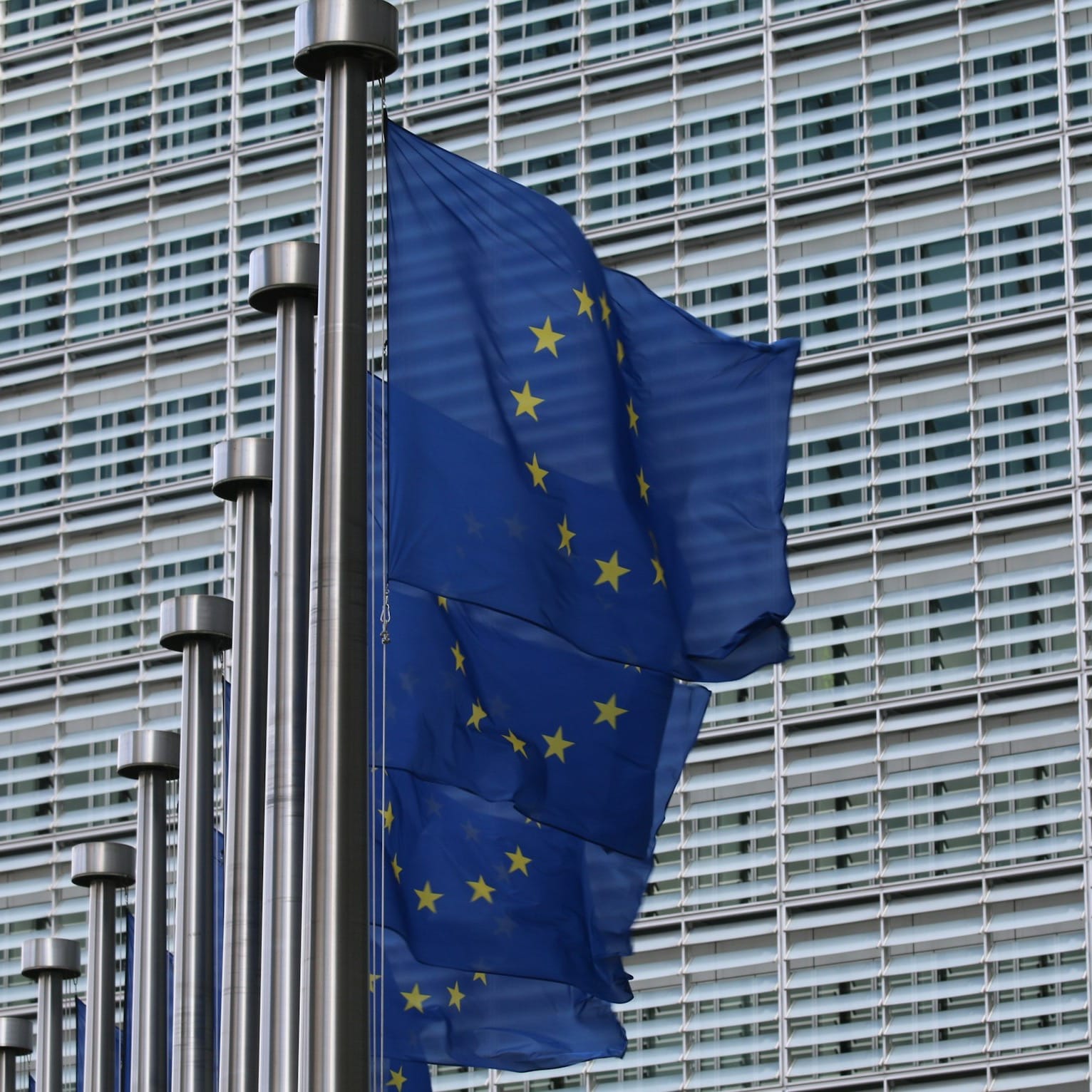In defense of Henna Virkkunen
As U.S. voices challenge EU digital rules, Brussels faces pressure. While some urge a tougher stance, Henna Virkkunen’s quiet diplomacy has helped defend EU interests—balancing trade, defense ties, and slow-moving deals with India and China.

Over the past weeks, some European media outlets, some Members of the European Parliament, and individual experts have criticized European Commission Executive Vice President Henna Virkkunen for her lack of response to U.S. politicians’ statements (especially Donald Trump) about EU digital regulations.
While we at EU Tech Loop rarely defend the European Commission, it must be said clearly: her modest and diplomatic approach to EU–US matters does more to support than to harm the European digital economy - and the European economy as a whole.
Another Executive Vice President - Teresa Ribera - has adopted a strong stance in her interview for the Financial Times earlier: “if <...> there is this attempt to reopen things, of course the question is: “OK, there is no [trade] agreement then? We cannot play with our values just to accommodate the concerns of others”.
We’d like to remind you that the EU–US trade deal has given the EU valuable time to protect its automobile and pharmaceutical industries. At the same time, the EU remains heavily dependent on U.S. defense capabilities - an important factor to keep in mind. Market diversification is crucial, but progress on the EU–India and EU–China trade agreements is moving more slowly than needed. On the contrary, their recent meetings with Russia paint a complicated picture for the EU.
Thierry Breton, former EU Commissioner has written in the Guardian: “Europe is free to define its own laws and policies, and remains an open market. But that openness comes with one condition: our laws must be respected. <...> There are no tariffs. There is no attempt to shut anyone out. There is no desire for prohibition in our European digital space.”
We’ve written before about the US–EU trade agreement and its implications for digital policy. While the language of the agreement is sometimes abstract, it does include a much-needed commitment to address what the Americans call “non-tariff barriers.” Section 17 makes this point especially clear:
17. The United States and the European Union commit to address unjustified digital trade barriers. In that respect, the European Union confirms that it will not adopt or maintain network usage fees. The United States and the European Union will not impose customs duties on electronic transmissions. The United States and the European Union intend to continue to support the multilateral moratorium on customs duties on electronic transmissions at the World Trade Organization and seek the adoption of a permanent multilateral commitment.
It’s only natural that the American public (including politicians) will continue to raise questions as they arise, especially once they get acquainted to what's coming in the EU's digital agenda 2025-2029.
But do sharp exchanges on X between the EU’s top digital chief and figures like Elon Musk bring more benefits than problems for Europe’s position? Henna Virkkunen’s approach has so far been beneficial: despite loud outcries, the EU has managed to defend its digital regulation stance without resorting to grandstanding on social media or attracting extra attention from the American public.

